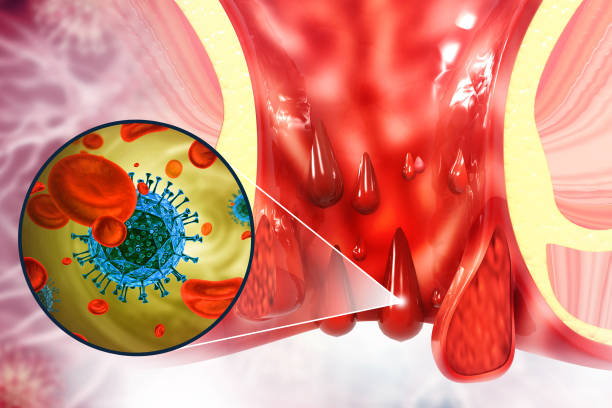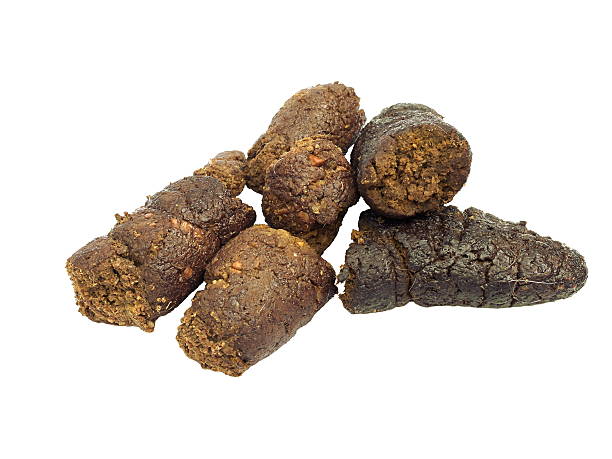what is colon cancer ?
One kind of cancer that affects the rectum or colon (large intestine) is called colorectal cancer. It is among the most prevalent forms of cancer in the globe. It can result in death or serious injury.
As people age, their chance of colorectal cancer rises. The majority of instances impact those over 50.
Diarrhea, constipation, blood in the stool, stomach discomfort, exhaustion, inexplicable weight loss, and low iron levels are typical symptoms.
Many people with the condition won’t show any signs while it’s first developing.
colon cancer stool shape.
There are some types of colon cancer stool shape.
1.Stool thin as a pencil. Pencil-thin stool is exceptionally lengthy and thin, and it may be a sign that a malignant tumour has caused the colon to constrict.
2 Flat stool is defined as abnormally flattened or ribbon-like faeces. This kind of stool can be caused by tumours that alter the colon’s or rectum’s form.
3.Stool mucus. The intestines create a gel-like material called mucus, which facilitates the transit of excrement through the colon. While some mucus in the stool is typical in tiny amounts, any excess should be checked out, particularly if it is accompanied by other symptoms.
4.Pebble stool. The term “pebble stool” describes hard, lumpy, and tiny faeces. While this may suggest constipation, recurring episodes, especially if they are accompanied by other symptoms like blood in the abdomen, may point to a colon obstruction.
More about Colon Cancer:
Limiting alcohol use, eating a nutritious diet, quitting smoking, and maintaining physical activity can all help lower the risk of colorectal cancer. Screenings on a regular basis are essential to early detection.Globally, colon cancer ranks second in terms of cancer-related fatalities. Globally, it was anticipated that there were over 1.9 million new instances of colorectal cancer and over 930,000 deaths from the disease in 2020. There were significant regional differences in the incidence and fatality rates. Europe, Australia, and New Zealand had the greatest incidence rates, whereas Eastern Europe had the highest fatality rates. The annual burden of colorectal cancer is expected to rise to 3.2 million new cases (a 63% increase) and 1.6 million deaths (a 73% increase) by 2040.
In high-income nations, colorectal cancer incidence rates have been declining, partly due to successful screening initiatives. Depending on the stage upon diagnosis, colorectal cancer has varying prognoses. The survival rate of early-stage malignancies is greater than that of advanced-stage tumors. Improving survival rates and quality of life requires prompt diagnosis, suitable treatment, and routine follow-up care.
Important details
1. Approximately 10% of all cancer cases globally are colorectal cancer cases, making it the second most frequent disease worldwide and the second biggest cause of cancer-related fatalities.
2. Most instances occur in adults 50 years of age and older, and it primarily affects elderly people.
3. A sedentary lifestyle, obesity, smoking, excessive alcohol use, a high intake of processed meats and a poor intake of fruits and vegetables are some of the lifestyle factors that contribute to the development of colorectal cancer.4.When colorectal cancer is identified at an advanced stage, there are few available therapeutic choices.
5.By putting into practice primary prevention techniques including leading a healthy lifestyle, avoiding risk factors, and practicing early detection through screening, the incidence and impact of colorectal cancer can be considerably reduced.
Factors & Risk Colorectal cancer
The following are some factors that may raise your risk of colorectal cancer:
1.age: those over 50 years old have the highest risk of having colorectal cancer;
2.family history: Lynch syndrome and familial adenomatous polyposis (FAP), two genetic diseases that can raise the risk, have a history of colorectal cancer in the family;
3.personal history: those with a history of colorectal cancer or specific types of polyps are more susceptible;
4.lifestyle factors: bad lifestyle choices might raise the risk. Examples include an excessively processed meat-heavy diet low in fruits and vegetables, obesity, sedentary activity, smoking, and alcohol intake.
Signs and symptoms

In its early stages, colorectal cancer frequently exhibits no symptoms. In order to diagnose the condition early and start therapy, routine tests are crucial.
- Bowel habits that vary, such as constipation, diarrhoea, or narrowing of the stool
- Rectal bleeding, or blood in the stool, can be either dark and tar-like or brilliant crimson.
- stomach aches, cramps, or persistent bloating
- Unexpectedly dropping weight and doing so without making an effort
- continuous bleeding-related iron deficiency anaemia, resulting in weakness, paleness, and exhaustion.
Prevention
1.maintaining a nutritious diet full of fruits and veggies
2.not using tobacco products
3.maintaining an active way of life
4.reducing the amount of alcohol consumed
5.Keeping out of the line of environmental risk.
Individuals should consult their healthcare practitioner as soon as possible if they think they may have colorectal cancer.
The greatest way to detect colorectal cancer early is by routine screening (secondary prevention).
Early treatment increases the chance of curing the illness.
Research have demonstrated that by identifying and removing precancerous growths early on, screening can lower the incidence and death rate of colorectal cancer.
Stool-based tests are non-invasive screening techniques that identify precancerous polyps or colorectal cancer in stool samples. The faecal occult blood test (FOBT) is a frequent stool-based test type. FOBT finds blood clots in the stool, which may be a sign of polyps or colon cancer. It entails gathering a little stool sample.
Care and treatment
The kind and course of colorectal cancer, as well as the patient’s medical background, determine the course of treatment. Improved treatment outcomes and prognoses can result from early identification of colorectal cancer.
- surgery
- radiation treatment, or radiotherapy
- targeted treatment with chemotherapy
- immunotherapy.
If the tumour has not progressed to other parts of the body, surgery is frequently utilised in the early stages of cancer. Radiation and chemotherapy treatments can aid in the tumor’s shrinkage.
In order to treat and care for patients with colorectal cancer, medical professionals from various specialties frequently collaborate.
For those suffering from colorectal cancer, supportive care is crucial. It seeks to alleviate pain, control symptoms, and offer emotional support. It may contribute to improving the quality of life for those who have colorectal cancer and their loved ones.

